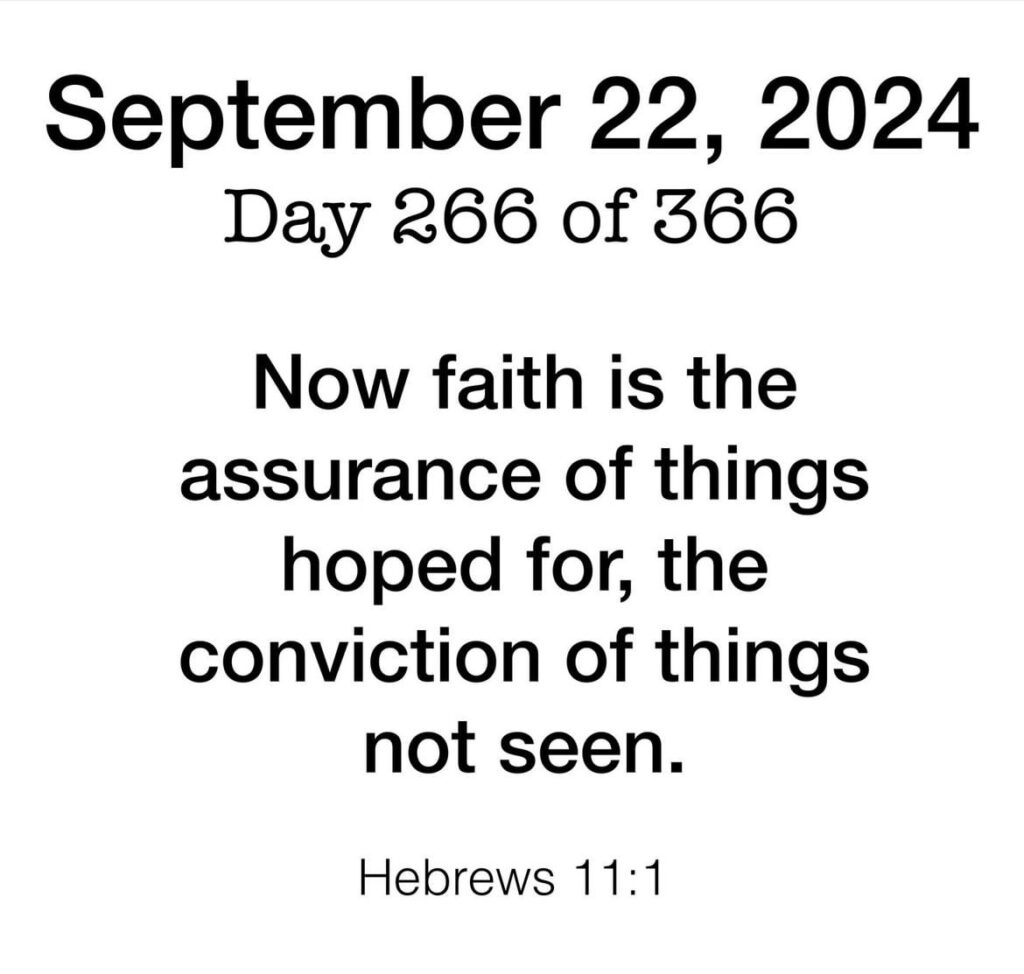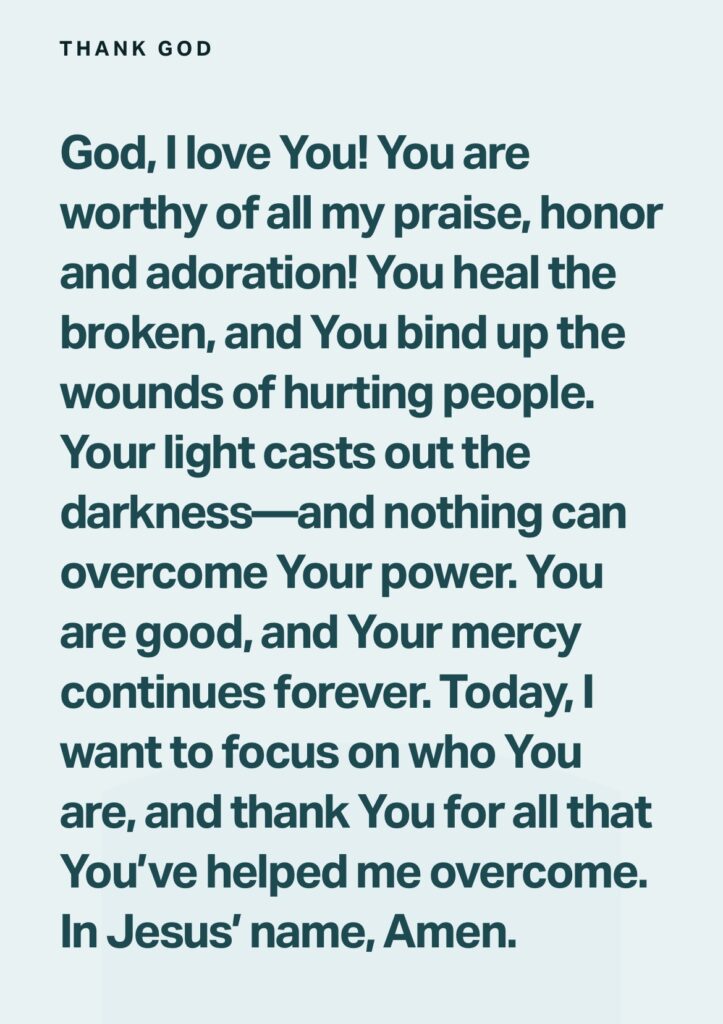A Blessed Sunday Morning to Each and Every one of you. The following post was submitted by Alexander Kaplan. This post Hits Hard. Can you relate to it?
Healing from a Toxic Relationship with Myself: A Reflection on Grace and Growth
Tonight, I had one of those moments where everything just clicked. I realized that I’ve been stuck in a toxic relationship for years—not with another person, but with myself. It wasn’t something that hit me all at once; it was more like the slow unraveling of a knot that’s been tightening for too long. I’ve been hard on ”myself in ways that I wouldn’t dream of being toward others. In this moment of reflection, I realized that the constant self-criticism, the self-sabotage, and the perfectionism have been weighing me down. But as I took a deep breath and turned to my Higher Power, I was reminded of something crucial: I am worthy of grace, compassion, and love—just as much as anyone else.
It’s not easy to admit when you’re your own worst enemy. It’s tough to confront the harsh voice in your head that tells you you’re not good enough. But this evening, I had to face it head-on, and I began to see that I’ve been in a toxic relationship with myself for far too long. This realization came with a mix of relief and sadness. But it also brought hope—because now, I can start to heal.
What Does a Toxic Relationship with Yourself Look Like?
A toxic relationship with yourself shows up in a lot of ways. For me, it was the constant negative self-talk. No matter what I did, I always found a way to convince myself it wasn’t enough. If I made progress in one area, I’d tear myself down in another. I was always chasing this impossible standard, and when I didn’t meet it, the self-criticism kicked in.
Scripture speaks directly to this mindset: “For as he thinks in his heart, so is he.” What we believe about ourselves shapes how we live, and for too long, I was living under the weight of a lie—that I wasn’t enough.
Then there was the self-sabotage. I can’t even count the number of times I’ve undermined my own progress. Whether it was through procrastination, avoidance, or giving up too soon, I was the one standing in my own way. It’s like I was afraid of success, afraid to step into my potential because I didn’t think I was worthy of it. I now realize that this fear came from a deep-rooted belief that I wasn’t deserving of good things.
When we stop fighting with ourselves, we are free to live fully. I’ve spent so much time fighting with myself—my imperfections, my mistakes, my limitations—that I forgot what it felt like to live with a sense of peace.
Finding Healing Through Self-Compassion and Faith
So, how do you begin to heal from a toxic relationship with yourself? It’s not a switch you can flip overnight. It’s a process that starts with awareness and grows through compassion. Most importantly, it’s about relying on something greater than ourselves—our Higher Power—for the strength to change.
I’ve been reflecting on the idea of self-compassion, which means instead of mercilessly judging and criticizing yourself for various inadequacies or shortcomings, you are kind and understanding when confronted with personal failings. That’s something I’ve had to work hard to internalize. But tonight, I realized I can’t keep beating myself up for every mistake, every flaw. Instead, I need to show myself the same grace that I believe God extends to me.
“Be still, and know that I am God.” This verse has always reminded me that I don’t have to do everything on my own. In moments when I’ve felt overwhelmed by my own self-imposed standards, I’ve learned to lean on my Higher Power and find rest. Healing begins when I let go of trying to control everything and allow God’s grace to flow into the spaces where I’ve been too harsh on myself.
The first step to healing is recognizing the patterns. I had to admit to myself that the way I was treating myself wasn’t healthy. That awareness is like turning on a light in a dark room—it illuminates all the areas that need attention. Scripture tells us, “The truth will set you free.” Recognizing my toxic patterns was the first step toward freedom.
Challenging Negative Self-Talk
I used to believe that being hard on myself would push me to do better. But now I see that constant self-criticism only drags me down. When those negative thoughts come up—“You’re not good enough,” “You’ll never get it right”—I’m learning to challenge them. One of the biggest shifts has been reminding myself that God doesn’t expect perfection from me.
“I praise you because I am fearfully and wonderfully made.” This verse is a constant reminder that I am a creation of God, flaws and all. If my Creator sees value in me, then who am I to constantly tear myself down?
Setting Boundaries with Myself
Boundaries aren’t just for other people; they’re for ourselves, too. I’ve started setting mental and emotional boundaries. When I catch myself spiraling into negative self-talk or pushing myself too hard, I pull back. Setting boundaries means knowing when to step away from that inner critic and focus on what’s constructive.
Practicing Self-Compassion
Being kind to myself isn’t easy. It feels unnatural, especially after years of being my own harshest critic. But I’m learning that self-compassion is a practice, not something you master overnight. This ties back to what Jesus taught us: “Love your neighbor as yourself.” How can I love others well if I don’t even know how to love myself?
breaking the Cycle of Self-Sabotage
Self-sabotage has been a constant companion in my life. But tonight, I realized that it’s rooted in fear—the fear of failure, the fear of success, the fear of stepping out into the unknown. I’ve let that fear control me for too long. But I’m learning that when I trust in God’s plan for me, I can overcome that fear. As it says, “For God has not given us a spirit of fear, but of power and of love and of a sound mind.”
Prioritizing Self-Care
Self-care used to feel selfish, but now I see it as a form of stewardship. I’m learning to take care of my physical and emotional needs—not because I “deserve” it in some self-indulgent way, but because it’s necessary for my overall well-being. By caring for myself, I’m honoring the body and mind that God has given me.“Do you not know that your body is a temple of the Holy Spirit?” This verse has reminded me to view self-care not as a luxury, but as a responsibility.
Leaning on My Higher Power
Ultimately, I can’t do this on my own. Healing from a toxic relationship with myself isn’t something that happens overnight, and it’s not something I can tackle with willpower alone. I’ve had to learn to lean on my Higher Power for guidance, strength, and comfort. “The Lord is close to the brokenhearted and saves those who are crushed in spirit.” In my moments of self-doubt, I remind myself that I’m not walking this journey alone.
When I stop living in the past or worrying about the future, I find peace in the present moment, trusting that my Higher Power is with me every step of the way.
Moving Forward
Healing from a toxic relationship with myself isn’t going to be easy, and it’s not going to happen all at once. But tonight, I took the first step by recognizing it and deciding to do something about it. I’m learning to be kinder to myself, to set boundaries with that inner critic, and to lean on my Higher Power for the grace I need to keep moving forward.
If you’ve ever felt this way—stuck in a cycle of self-sabotage, self-criticism, and perfectionism—know that you’re not alone. We’re all on a journey, and healing Is possible. It’s not about becoming perfect, but about making progress and learning to trust in the love and grace of God. “Come to me, all you who are weary and burdened, and I will give you rest.”
Alexander Kaplan



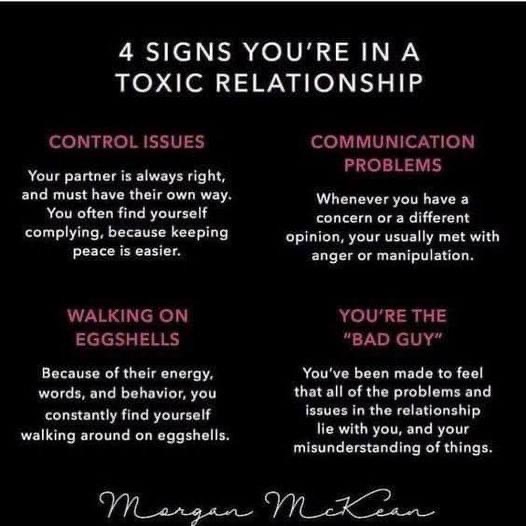

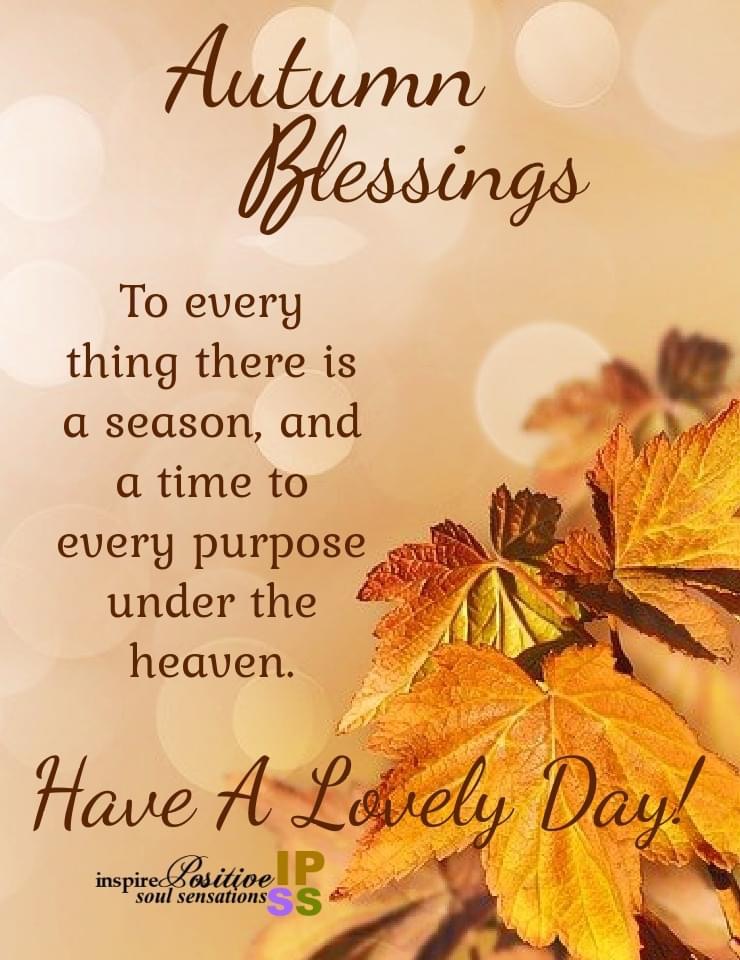
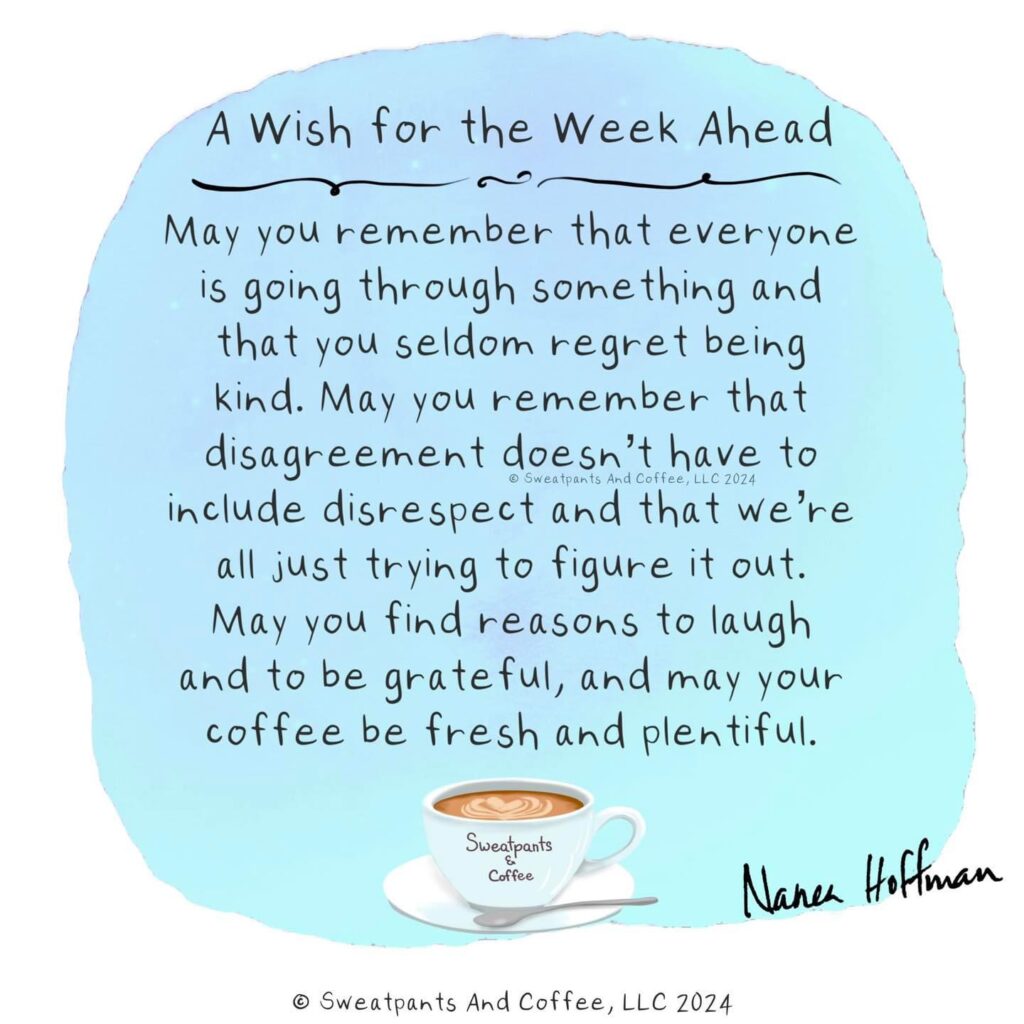
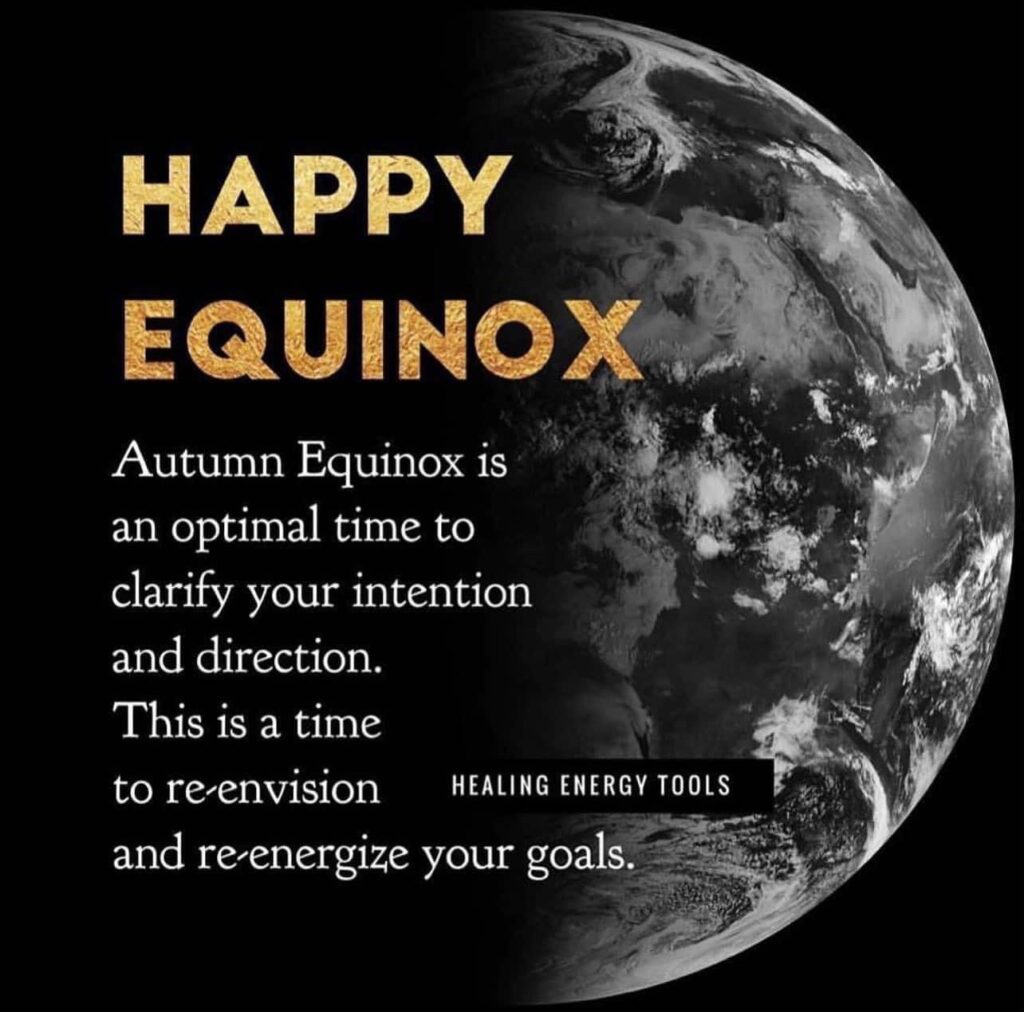
Growth
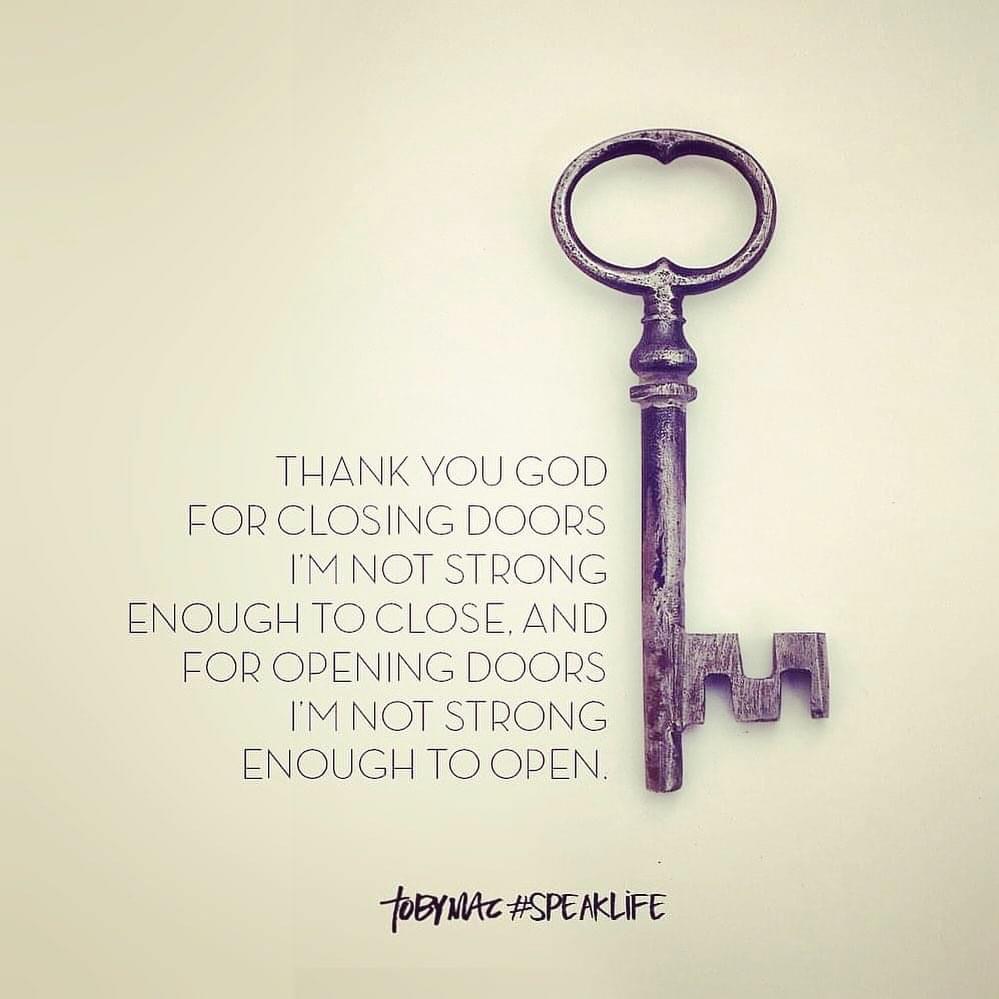
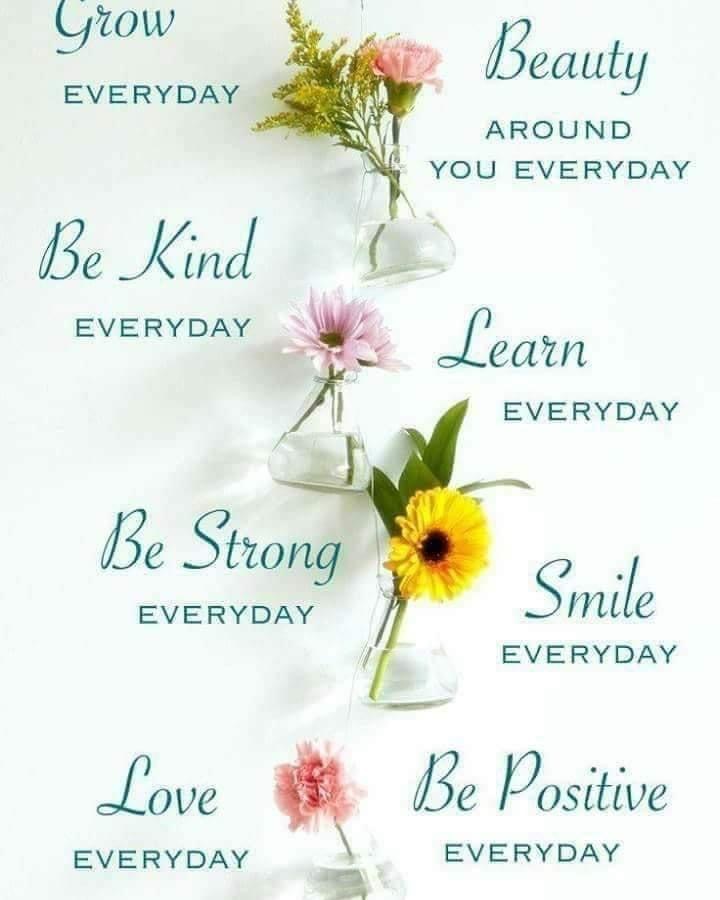
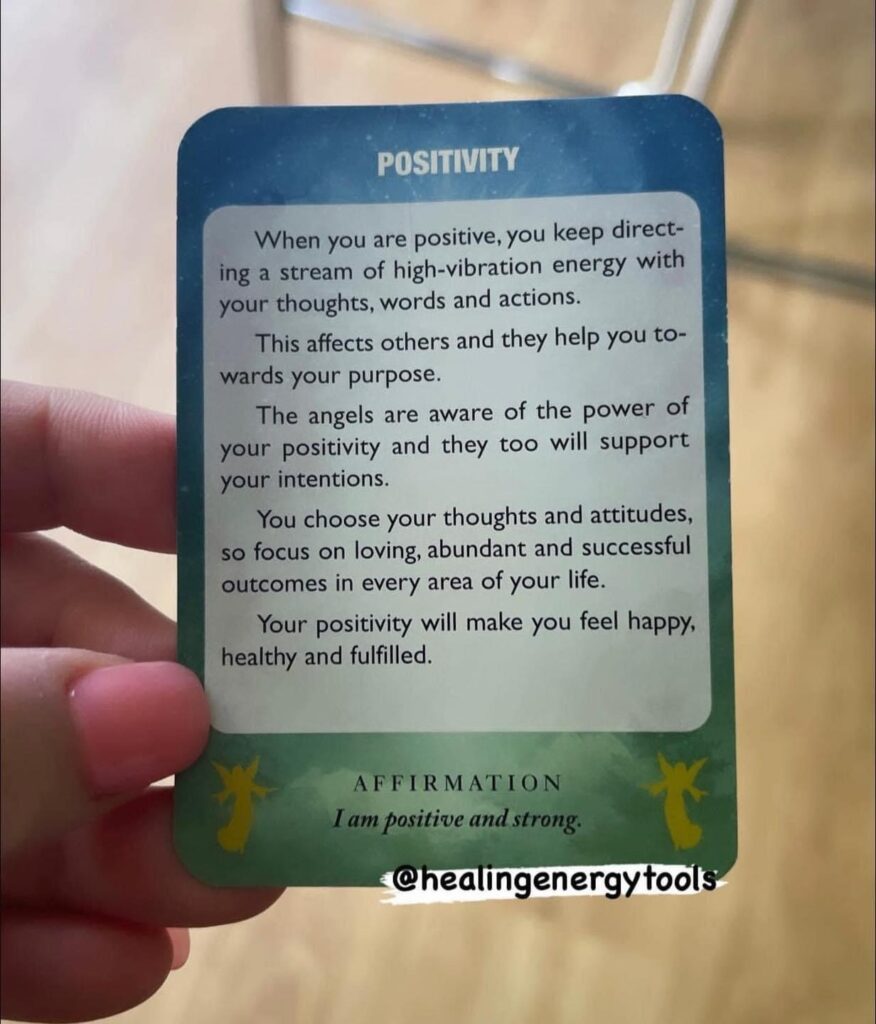
Message from the Universe
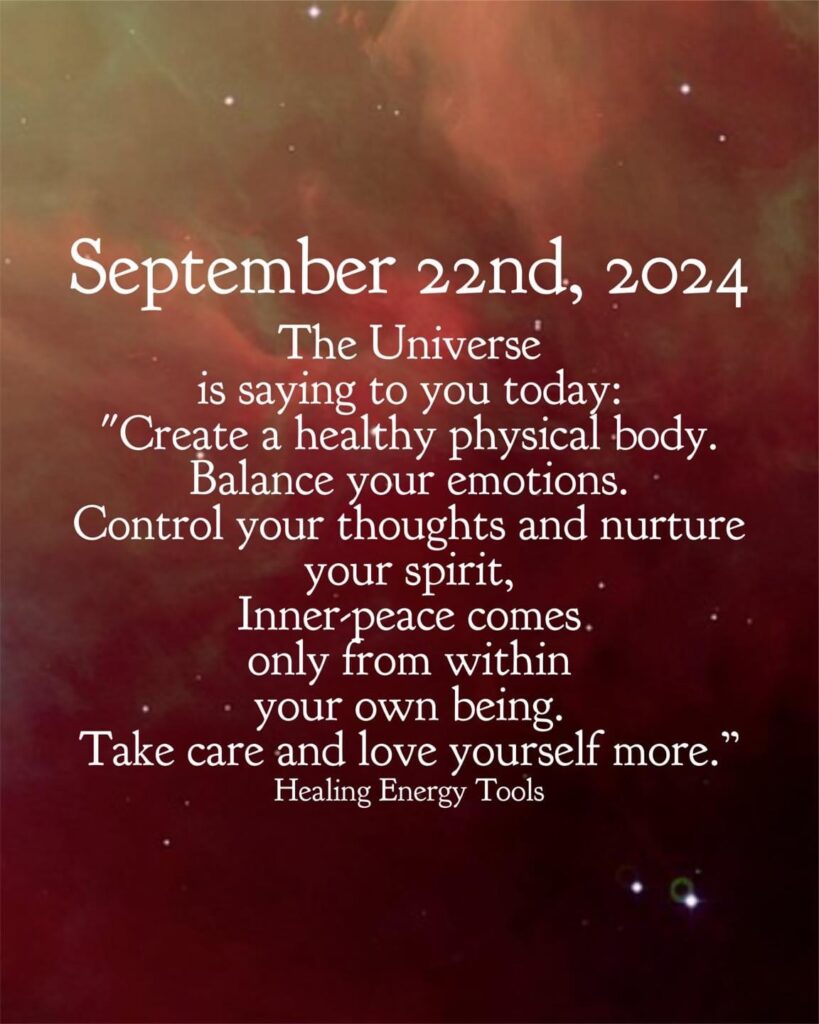
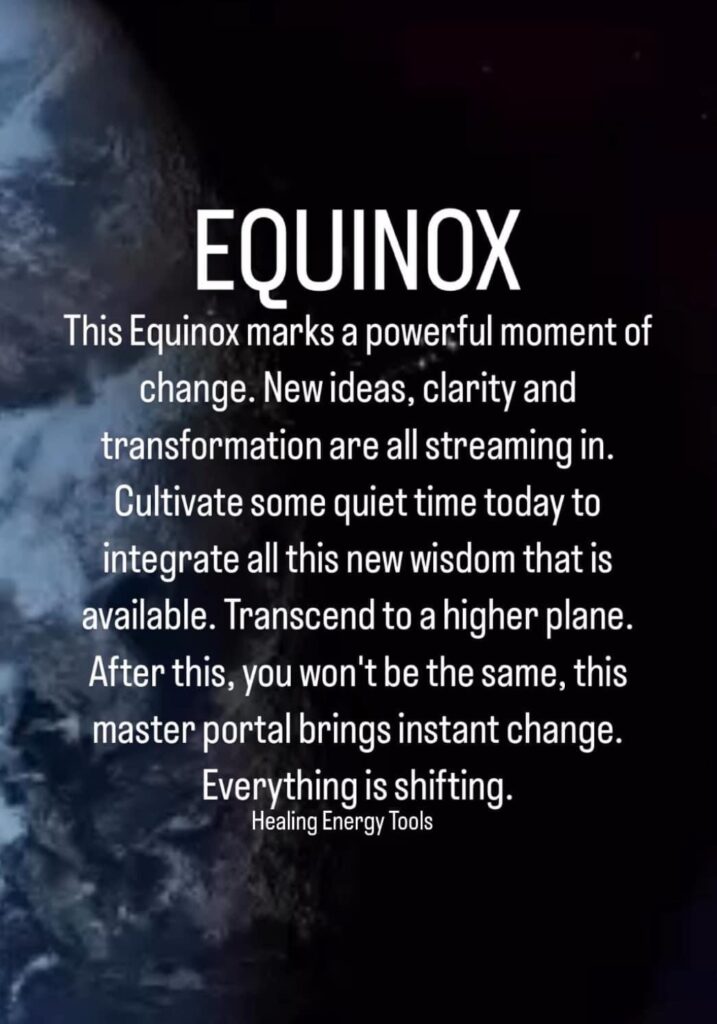
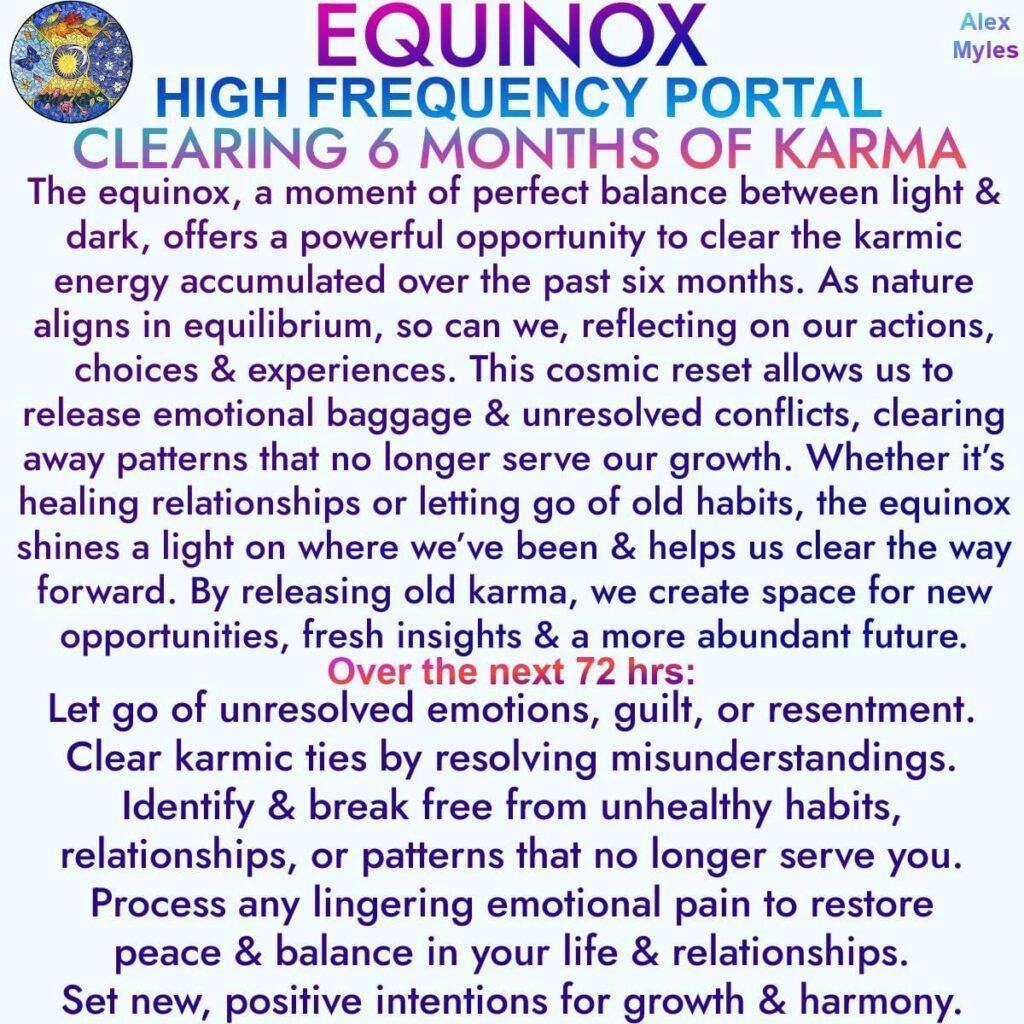
Today’s Law of Attraction
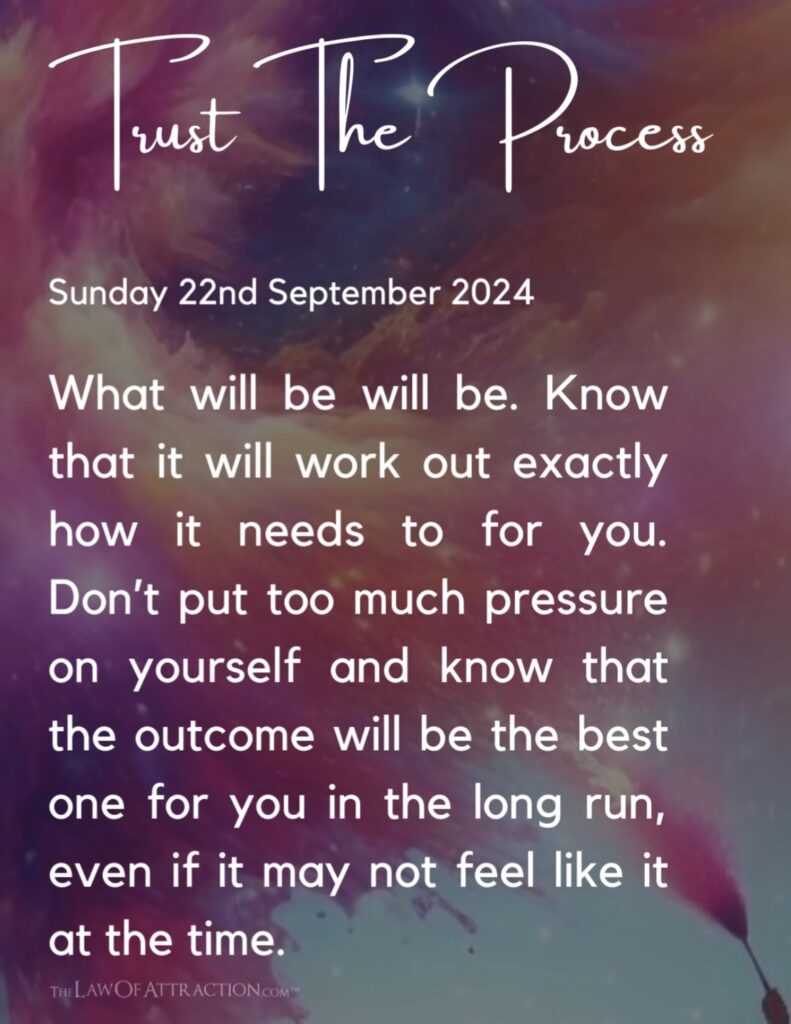

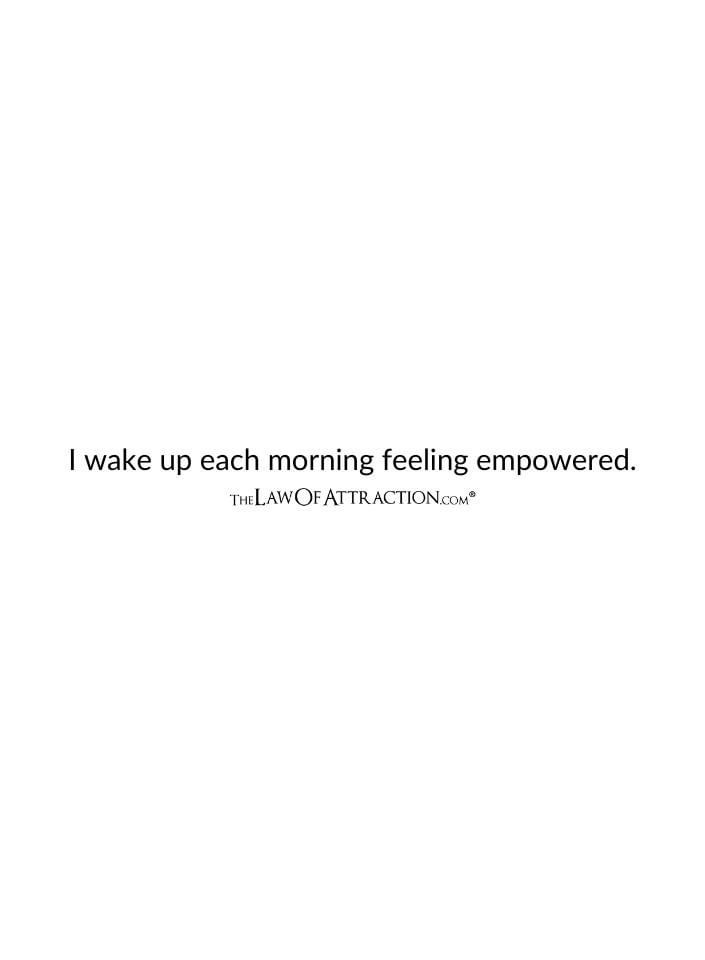
Angels are Saying Today
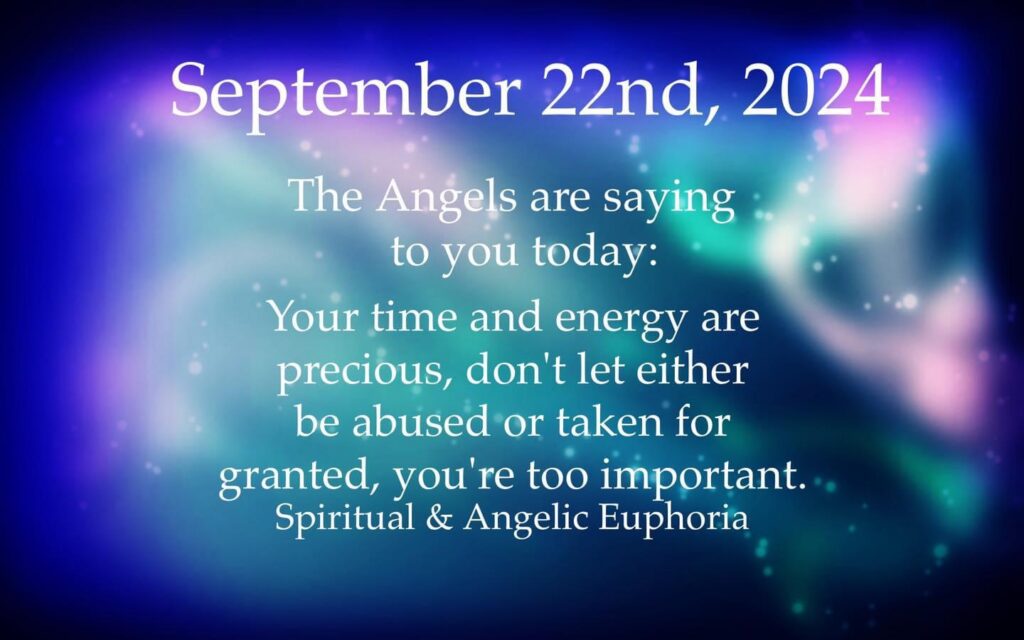

Daily Prayer’s

